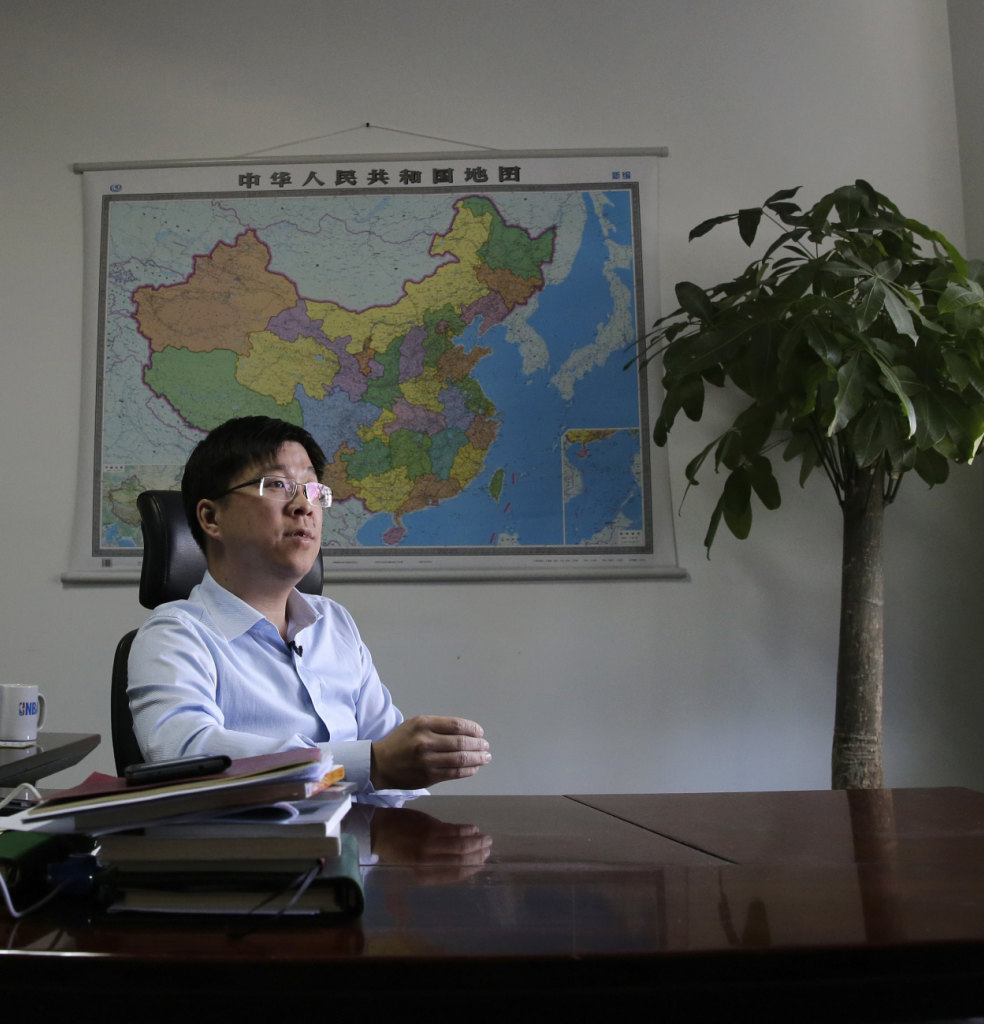China readies national carbon market to fight climate change
The lights from the Beijing Environment Exchange — one of seven pilot markets in China for trading carbon — raises questions for the country as it prepares for next year’s roll-out of a nationwide system that could help the world’s biggest emitter of heat-trapping carbon dioxide rein in its emissions. A successful carbon offset, or “cap-and-trade,” market could play a big part in cutting China’s emissions — and help the world tackle global warming. Already launched in Europe, California and a few other spots, such carbon offset markets limit how much carbon can be emitted per year by factories and businesses.
This affects industry in a legal, scientific way, and it lets them form their business plans while looking at carbon emissions too.
Zhou Cheng, the Beijing exchange’s vice president
Chinese officials, however, say the pilot markets aren’t meant to significantly cut the country’s carbon profile yet. Instead, they say they are learning important lessons from their experiments and will use them in what will soon become the world’s biggest carbon offset market. For state-owned firms such the Chinese capital’s largest power utility, Beijing’s pilot market has forced business plans to factor in carbon emissions, analysts said. One result is a higher investment in renewable energy such as solar and the capture and reuse of heat emitted during some industrial processes.

Business China climate change